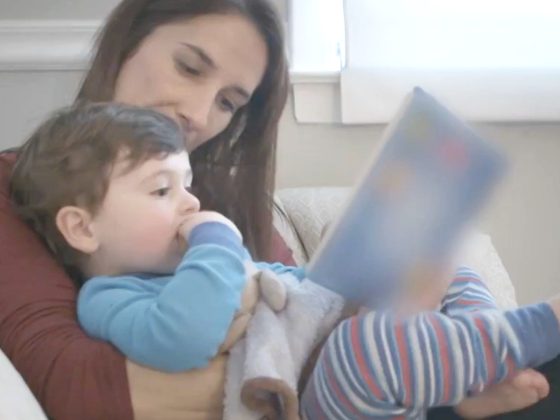
Baby, Go to Sleep!
Avoid bedtime battles by developing a consistent routine with your child.
As you watch the video, keep in mind that every infant’s sleep pattern is different. Some sleep through the night earlier than others, some children sleep on their own in a crib, others co-sleep with parents. No matter what, making bedtime a soothing and secure experience from the very beginning will help encourage good sleep patterns. Consider these ideas:
- Give baby a warm, calming bath before bed. Wiping off their hands and faces with a warm washcloth can have a calming effect, too.
- Make sure children have full tummies of milk or food. Consider making “dinner” 15-30 minutes before bedtime so that they can digest before lying down.
- Encourage siblings to say goodnight to each other at bedtime with a hug, kiss, or special sibling handshake.
- Make sure babies and toddlers are wearing clean diapers.
- Singing a lullaby, looking at a book together, or talking about the day in a soothing voice before bed is a great way to encourage language development and help kids feel safe and secure.
- As babies grow and their brains develop, they will be better able to manage their emotions to self-soothe (for instance, by sucking on a finger or looking at a mobile) and fall back asleep. But this takes time to learn!
- Before putting baby to sleep, make sure the sleep space is free of blankets, bumper pads, toys, and pillows, as they can cover faces and increase risk of suffocation.
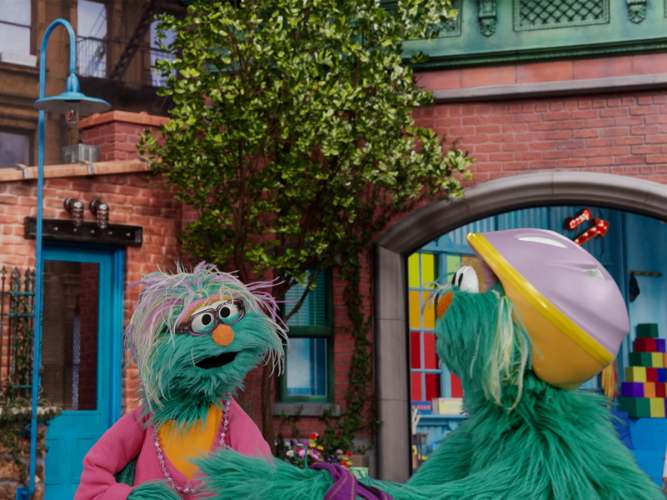
Parenting Moment: Describing
The way you talk with children matters! Your words have power.
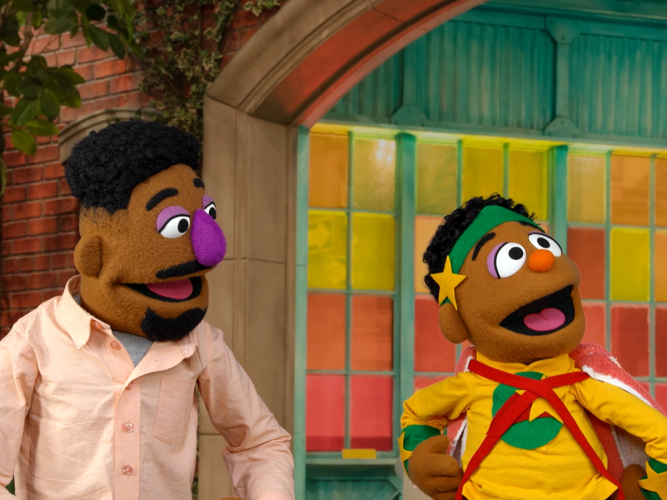
Parenting Moment: Imitating
Playing is learning! The way you play with children matters… your actions and words have power.
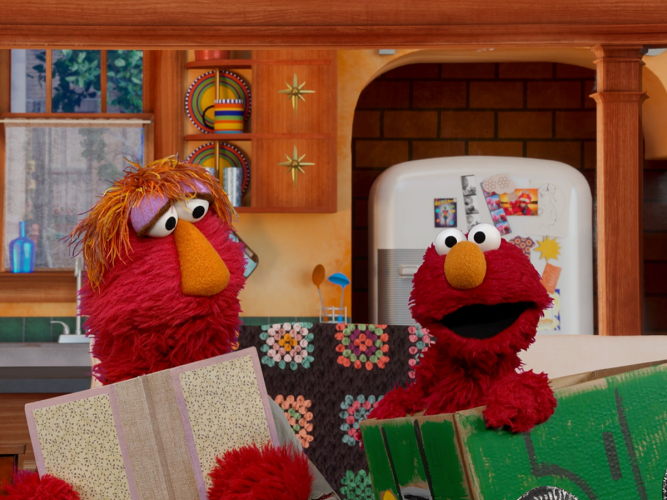
Parenting Moment: Reflecting
The way you talk with children matters… your words have power!
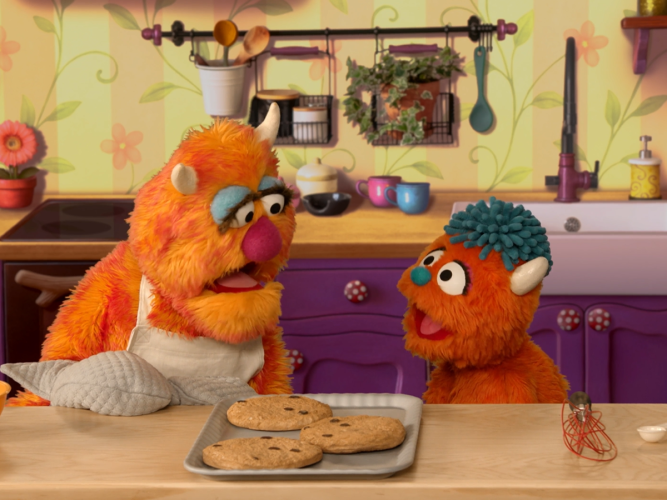
Parenting Moment: Enjoying!
Showing you enjoy your time together with your child builds your special bond. And when you’re being positive, your little one is more likely to do the same.

The Power of Following Children’s Lead
Joining children in their play offers so many opportunities to encourage, communicate, bond, spark and share joy, teach, show warmth and kindness, and help them thrive.
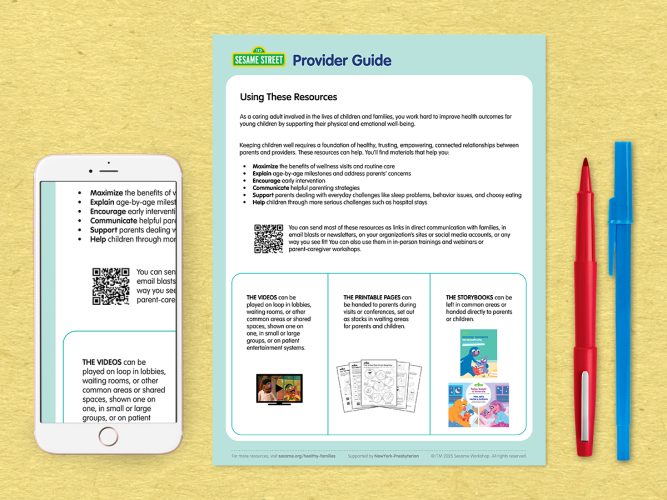
For Providers: Using These Resources
Print and refer to this page as you implement the materials in this initiative.
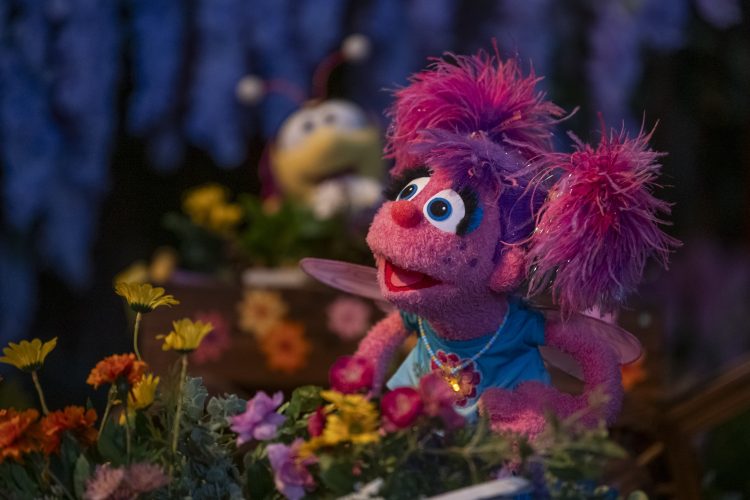
Watch and Play: Abby's Magical Beasties
Watch this episode and explore ways to extend the learning at home.
